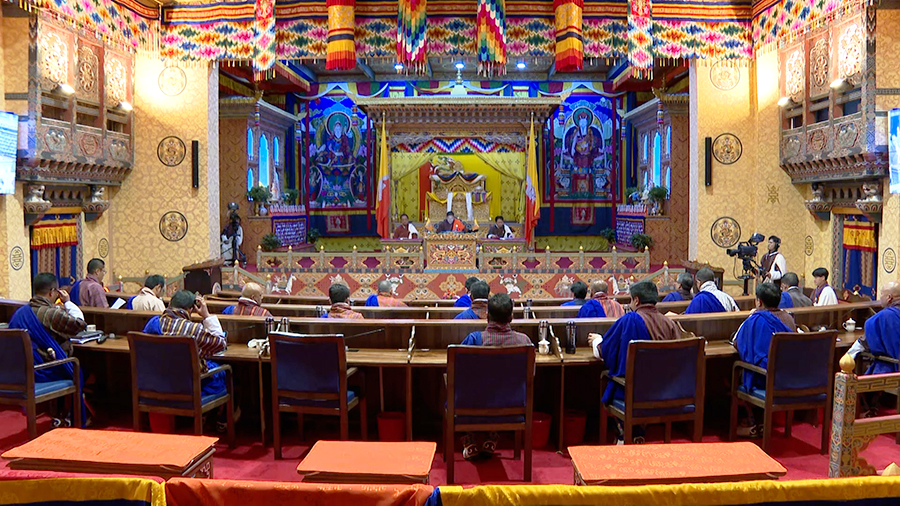 The country’s tourism sector may be showing signs of recovery, but the National Council warns that the progress masks deep structural issues that threaten its long-term sustainability. Deliberating on the review report of the State of Tourism today, the Economic Affairs Committee of the House called for urgent reforms to address weak coordination, limited tourism products, and stark regional disparities in tourist arrivals.
The country’s tourism sector may be showing signs of recovery, but the National Council warns that the progress masks deep structural issues that threaten its long-term sustainability. Deliberating on the review report of the State of Tourism today, the Economic Affairs Committee of the House called for urgent reforms to address weak coordination, limited tourism products, and stark regional disparities in tourist arrivals.
The committee pointed out that the tourism sector remains fragmented, with agencies working without stakeholder engagement.
According to the committee’s chairperson, this leaves gaps in addressing issues faced by those working on the grounds.
“The Department of Tourism has formalised the Integrated Tourism Master Plan 2025-2034. However, when we visited places for review, we found out that some districts were not involved in it. They had informal discussions. Therefore, it is important to involve all stakeholders formally in such processes,” said Tshewang Rinchen, the Chairperson of the Economic Affairs Committee.
Another concern is the lack of diverse and high-standard tourism products, particularly in rural areas.
The committee noted that around 80 per cent of visitors come primarily for festivals and heritage experiences.
Urging the government to explore broader, year-round attractions to enhance Bhutan’s appeal, the committee suggested initiatives like eco-tourism, cycling events, cable car rides, and rafting to meet international expectations while preserving authenticity.
One of the most pressing issues remains the overconcentration of tourists in western districts such as Paro, Thimphu, and Punakha—largely because of their proximity to entry points like the Paro International Airport and the Phuentshogling border gate.
Meanwhile, eastern and southern regions continue to struggle with minimal tourist footfall due to poor accessibility and limited infrastructure.
To tackle this imbalance, the committee recommended introducing a duration-based discount on the Sustainable Development Fee, suggesting the fee could be waived after a certain number of days to encourage longer stays and wider regional travel.
Paro’s Member of Parliament, Ugyen Tshering said, “To solve regional disparity, we will need infrastructure in these regions. For that, they need hotels rated 3-stars and above. To construct such hotels, the government should provide loans with low interest rates.”
The Member of Parliament from Trongsa also recommended adopting solutions to make Bhutan a year-round desired destination among visitors.
The MP added, “International research has found that Bhutan’s climatic condition is not very favourable during winter and summer. That is why tourists do not choose to come here. However, there are other countries with similar climatic conditions that have solutions to adapt to it. I think it would be good if Bhutan could also adopt such resolutions to attract tourists during off seasons.”
Tourism continues to play a vital role in Bhutan’s economy.
Between 2023 and 2024, the country generated more than Nu 2.3bn from SDF.
Namgay Dema
Edited by Phub Gyem









